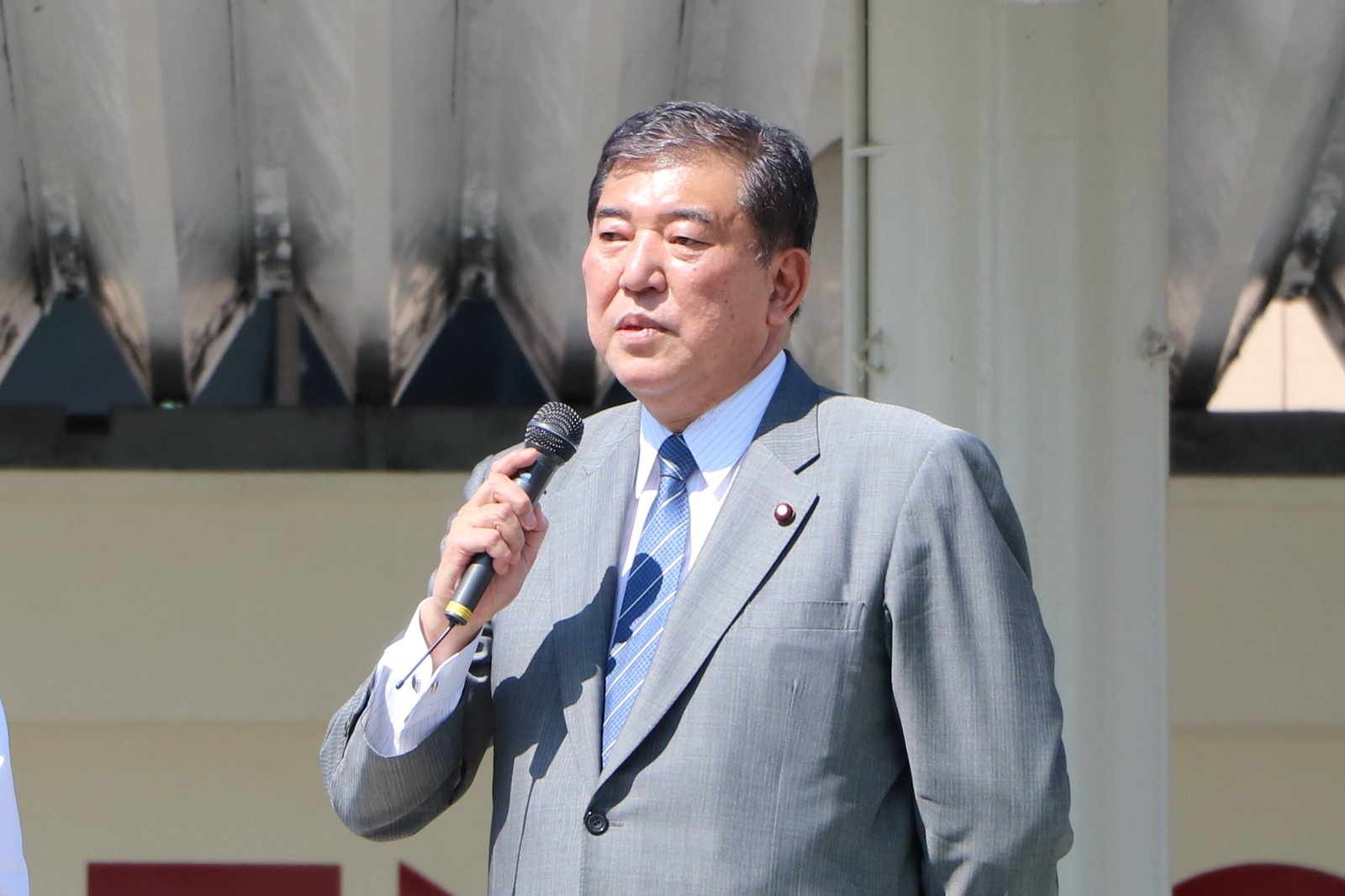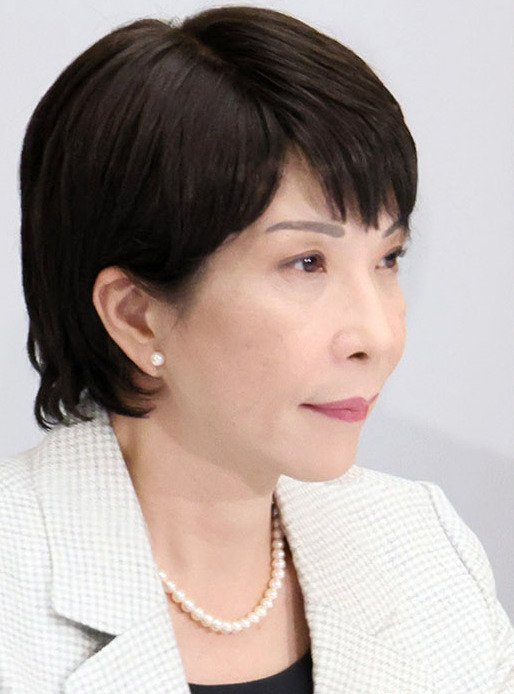LDP Lawmaker Calls for Leadership Change Ahead of Crucial Election
- Shoji Nishida, an LDP lawmaker, has expressed concerns about the party’s prospects under current leadership.
- Nishida suggested that the party might not win the upcoming parliamentary election under Prime Minister Shigeru Ishiba’s leadership.
- Ishiba’s minority government has been struggling to secure support from opposition parties for bills and budgets.
- The political landscape in Japan is currently in a state of flux, with the ruling party facing internal divisions and a lack of public support.
In a significant development in Japan’s political arena, Shoji Nishida, a lawmaker from the ruling Liberal Democratic Party (LDP), has expressed his concerns about the party’s prospects under the current leadership. Nishida, who was part of a faction led by the late Prime Minister Shinzo Abe, voiced his apprehensions during a closed-door meeting of LDP members. He suggested that the party might not secure a victory in the crucial parliamentary election scheduled for this summer under Prime Minister Shigeru Ishiba’s leadership.
Nishida was quoted as saying, We cannot fight the upper house election under the current leadership. We should hold a presidential race and choose a new leader. He proposed that former economic security minister Sanae Takaichi, who was defeated by Ishiba in the LDP’s presidential election last year, would be a leading candidate. Nishida had endorsed Takaichi in the election.
LDP’s Defeat and the Upcoming Election
The call for a leadership change comes in the wake of the LDP’s defeat in the House of Representatives election last year. Nishida stated, Voters already delivered a verdict when we were defeated in the House of Representatives election last year. It’s unthinkable that he can be the public face of our party again.
The upcoming summer election will see half of the 248 upper house seats contested. The focus will be on whether the ruling coalition of the LDP and the Komeito party can maintain control of the chamber after losing its majority in the more powerful lower house in October.
Ishiba’s Struggles and the Party’s Concerns
Ishiba’s minority government has been struggling to secure support from opposition parties for bills and budgets. Last week, he decided to shelve a plan to raise medical costs due to stiff resistance from opposition lawmakers and patients worried about the affordability of their current treatments for cancer and other medical conditions. This decision has added to the growing concern within the ruling party about Ishiba’s ability to lead a minority government, especially with his public support ratings being low.
Shigeharu Aoyama, another LDP upper house member, stated on a radio program that Ishiba must take political responsibility after the recent change on medical costs. At a party convention, Ishiba called for party unity in the run-up to the upper house election, stating that the LDP must humbly listen to the people and restore trust following a slush funds scandal. However, Takaichi was among the LDP members who expressed dissatisfaction with the speech, saying it lacked a punch line showing a policy vision.
In conclusion, the political landscape in Japan is currently in a state of flux, with the ruling party facing internal divisions and a lack of public support. The outcome of the upcoming upper house election will be crucial in determining the future direction of the party and the country. This situation is reminiscent of the political turmoil in 2007 when Shinzo Abe resigned as Prime Minister due to health issues and low approval ratings. His resignation led to a leadership election within the LDP, which was won by Yasuo Fukuda. However, Fukuda’s term was also short-lived due to low approval ratings and political deadlock, leading to another leadership election in 2008.













Post Comment